
Covid-19: How small businesses are adapting to survive
Unlike big businesses that have collateral, micro, small and medium enterprises (MSMEs), which contribute 29 percent to India's GDP and generate close to 11 crore jobs, have been crushed by the coronavirus outbreak. Yet, many are finding creative ways to stay afloat
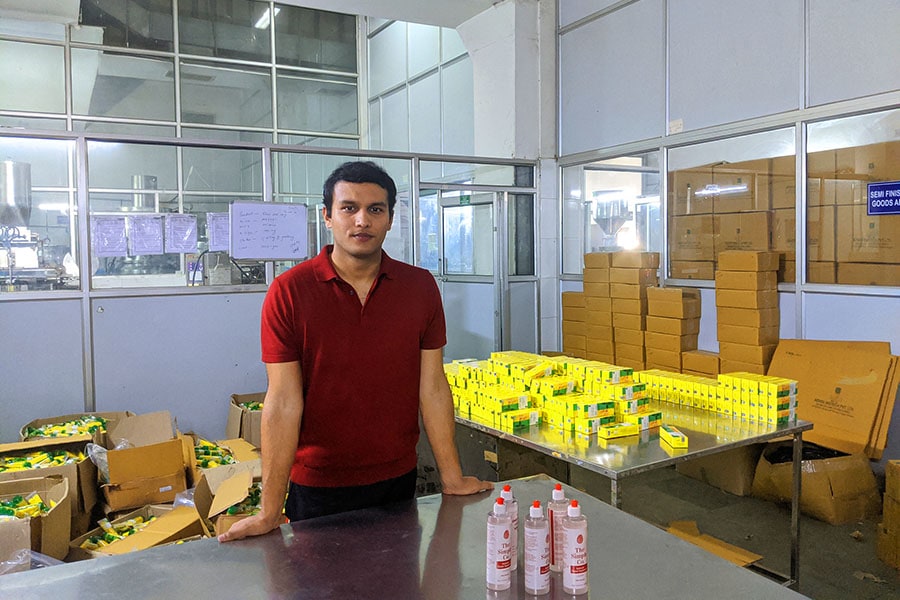
Image: Sapna Mathur
When the coronavirus pandemic broke out, Angad Singh Thakur had to cut production of his personal hygiene products. “It’s an essential commodity so we didn’t have to halt production entirely,” says the 28-year-old of his Himachal Pradesh-based contract manufacturing business.
Still, to keep business going, he switched to producing hand sanitisers, because it was “peripheral” to what they were already doing, he says.
But the going hasn’t been easy. Raw material prices—for the thickener and alcohol, in particular—have shot up, transportation has been tricky and hand sanitisers have all but become a commodity. “Someone can easily price their product Rs 2 lower than ours. That’s all that matters right now as consumer knowledge about sanitisers isn’t strong,” he says.
Unlike big businesses that have collateral, micro, small and medium enterprises (MSMEs), which contribute 29 percent to India’s GDP and generate close to 11 crore jobs, have been crushed by the coronavirus outbreak. Demand has slipped, cash flows have frozen and employee payrolls are piling up. Yet, many like Thakur are finding creative ways to survive.
“It’s amazing to see the kind of things SMEs are doing,” says N Chandramouli, a brand expert whose clients include several small businesses. “We’re consulting many such businesses right now, and they’re all looking at adapting their business models or launching innovative products.”
Finding new ways
(This story appears in the 30 November, -0001 issue of Forbes India. To visit our Archives, click here.)




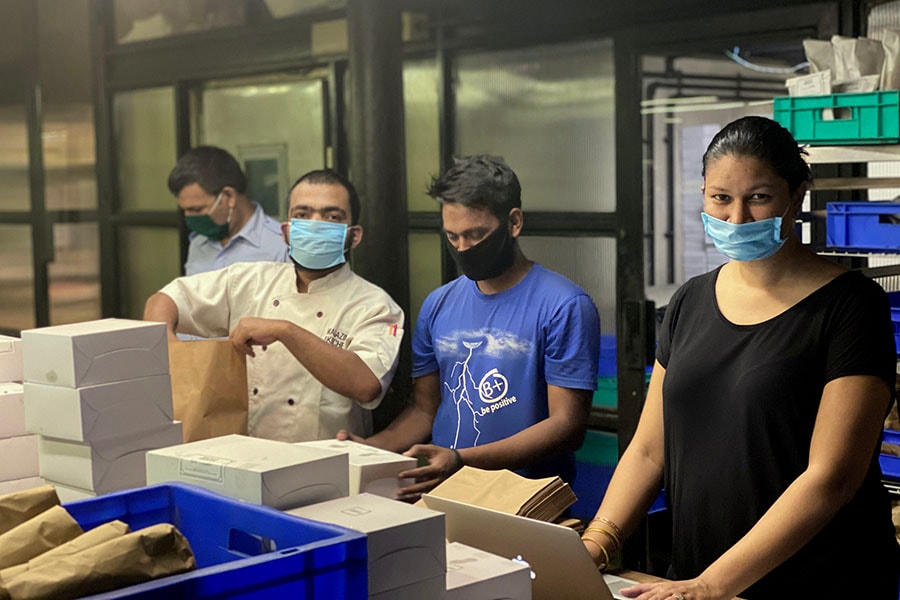 Gauri Devidayal started a takeaway service after she shut her restaurant The Table in Mumba
Gauri Devidayal started a takeaway service after she shut her restaurant The Table in Mumba 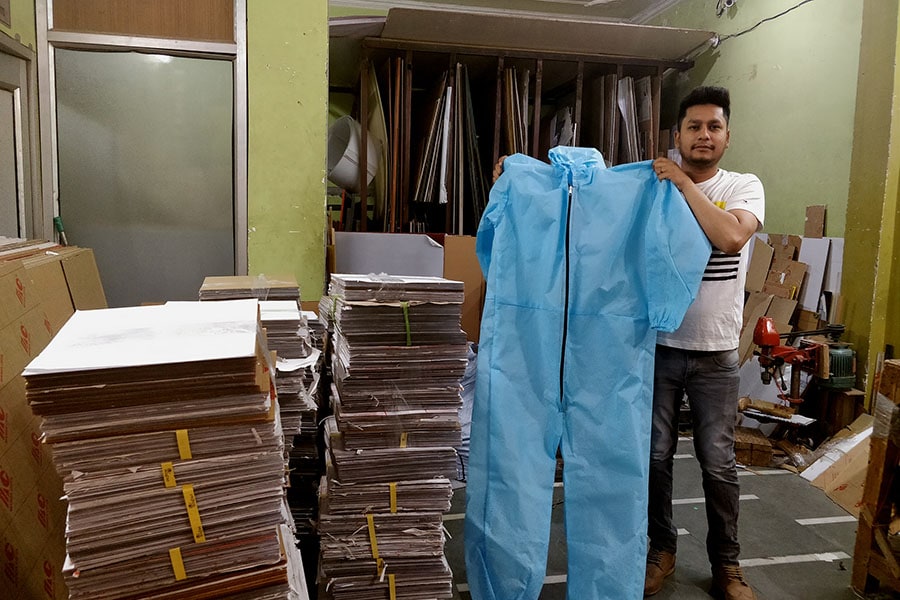 Himanshu Aggarwal's Suman Traders made lab-testing equipment, but switched to producing PPEs. However, government guidelines have resulted in him facing significant losses
Himanshu Aggarwal's Suman Traders made lab-testing equipment, but switched to producing PPEs. However, government guidelines have resulted in him facing significant losses Aryata Agarwal's family business has repurposed the cement-bags they manufacture for storing food grains
Aryata Agarwal's family business has repurposed the cement-bags they manufacture for storing food grains 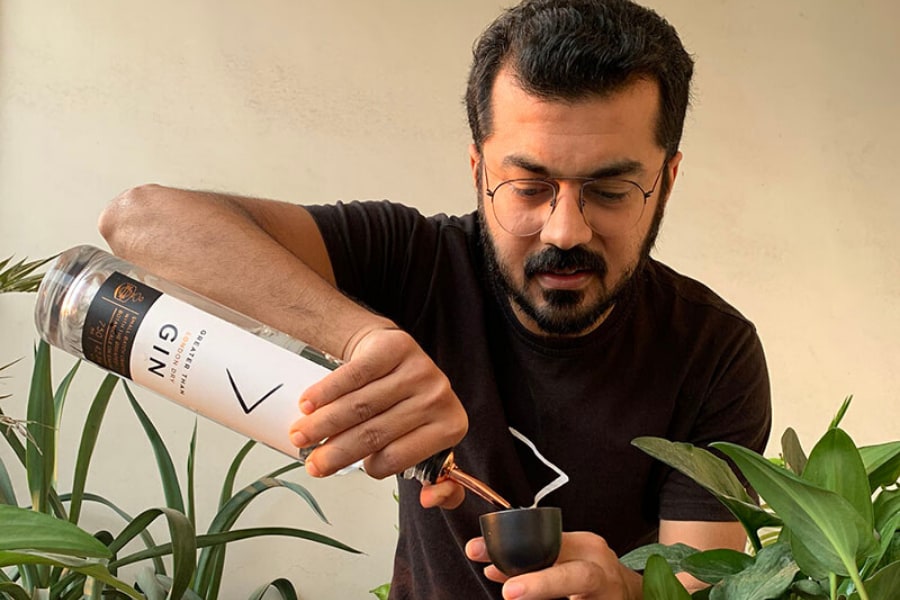 Anand Virmani, co-founder of Greater Than gin, is creating Instagram tutorials on how to make gin-based cocktails at home
Anand Virmani, co-founder of Greater Than gin, is creating Instagram tutorials on how to make gin-based cocktails at home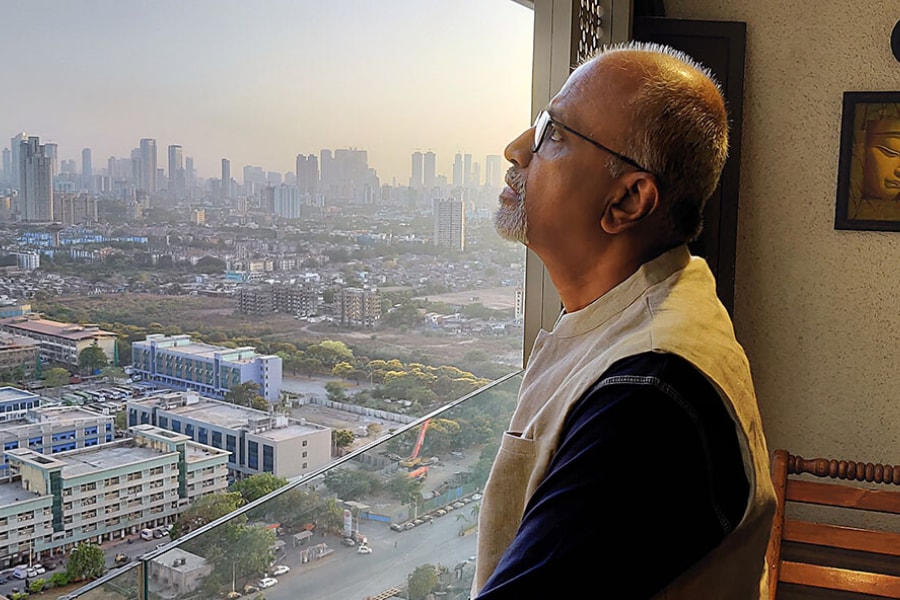 Reji Philip's travel agency, Cosmos Travels, is looking at large amounts stuck in cash flows since the pandemic has grounded the travel industry
Reji Philip's travel agency, Cosmos Travels, is looking at large amounts stuck in cash flows since the pandemic has grounded the travel industry 



